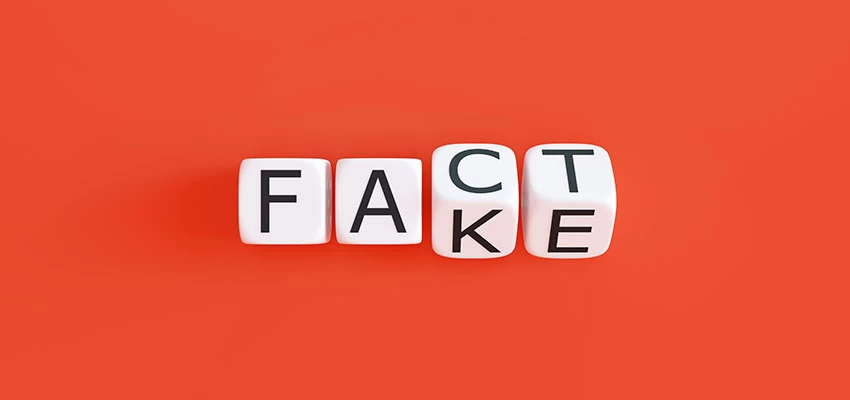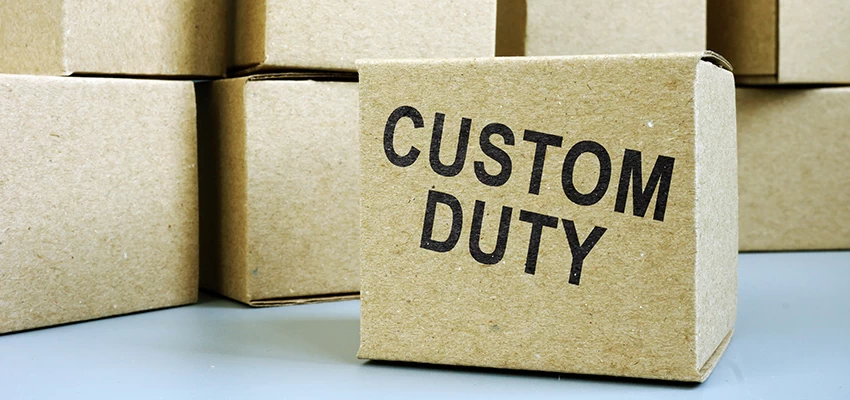Taking note of Section 34 of the Trade Marks Act, 1999, the Delhi High Court has held that the relevant date for the purpose of establishing prior use, in the dispute, would be the ‘date of registration’ of the mark and not when the Plaintiff actually started using it. It noted that the Plaintiff had initiated the registration process on 16 June 2018 while the Defendants started the commercial operations using their mark in September 2018, which was though earlier than the Plaintiff’s use in January 2019 but, was later than the date of registration of the Plaintiff’s mark.
The Court hence answered in negative the question as to whether the rights of a registered proprietor, who acquired registration for a mark planned for future utilisation, can be nullified by someone who deployed a similar mark after the registration date, but prior to the date of actual use of the registered proprietor.
The High Court was also of the view that the Defendants’ adoption and use of the impugned mark ‘WORKNESTS’ subsequent to Plaintiff’s registration will not override the Plaintiffs’ statutory rights. It observed that otherwise, it would result in anomaly and permit any person to start using a similar/ identical mark at any time after the registered proprietor’s mark is advertised, and before registration is granted. According to the Court, a person who adopts deceptively similar or identical mark within this timeframe cannot be accepted as a prior user and accorded preferential rights.
In this dispute involving confusion among the marks (combination of a word mark ‘worknest’ and a symbol W) and , which again had word ‘Worknests’, the High Court also held that the word ‘WORKNEST’ emerges as the distinctive feature, holding prominence, and thus, is a brand-identifier. The Court in its Judgement dated 21 March 2023 was hence of the view that the marks were identical, except with the difference of addition of the letter ‘S’ at the end of Defendants’ mark, which was not sufficient for distinguishing the challenged mark from that of Plaintiffs’. According to the Court, dissimilarities in isolated facets of the marks, including the logos, were insignificant and immaterial. It also observed that the likelihood of confusion was further fortified by the fact that services offered by parties under their respective marks (renting of co-working spaces and other real estate services), were also identical.
Granting injunction in favour of the Plaintiff, the Court in Worknest Business Centre LLP v. Ms Worknests also rejected the Defendant’s plea of bona fide and honest use.







